News: Opinions
Can Germany’s New Coalition Modernize the Country to Meet 21st Century Challenges?
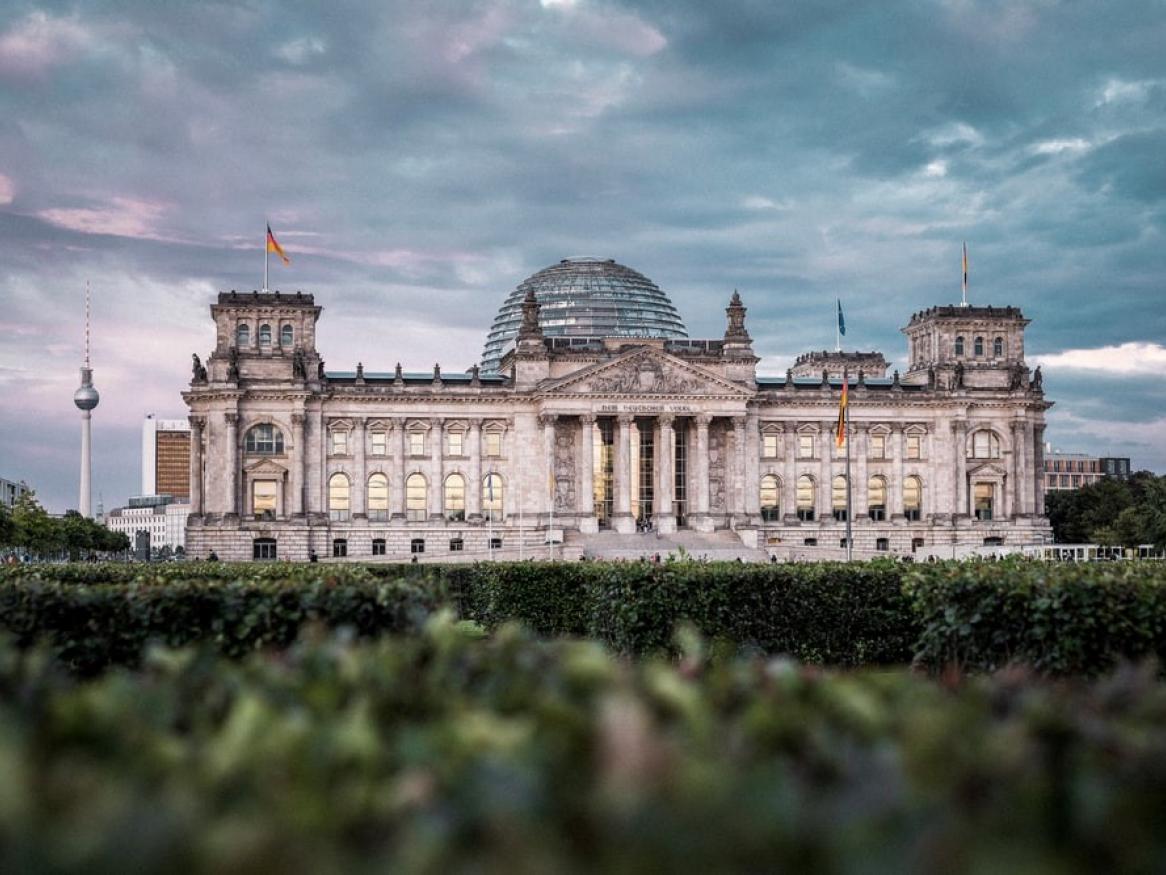
Andreas Freytag, Professor and Chair of Economic Policy, Friedrich Schiller University, Jena and Visiting Professor with IIT.
Since Wednesday, the traffic light coalition has been in place and the new Chancellor Olaf Scholz has been elected. This will mark the end of a long Merkel era and the beginning of a new era under Social Democratic leadership.
[Read more about Can Germany’s New Coalition Modernize the Country to Meet 21st Century Challenges?]
Back from the Brink! The WTO gets on with Serious Business.

Anthony Patrick Dela Pena Chua is Lead Staffer to both the APEC Business Advisory Council (ABAC) Philippines and the Philippine Services Coalition.
Jane Drake-Brockman is Founder and Director of the Australian Services Roundtable and a co-convenor of the Asia Pacific Services Coalition.
Some matters are too important and the benefits too great for the global trading community, to let another postponement of the WTO Ministerial Conference get in the way of timely joint action.
[Read more about Back from the Brink! The WTO gets on with Serious Business.]
Why Abandoning the WTO E Commerce Moratorium is a Terrible Idea

Jane Drake-Brockman is Industry Professor, Institute for International Trade, Convenor of the JM Network, Trade & Investment in Services Associates (TIISA), Member of the G20 Trade and Investment Research Network (TIRN) and Founder and Director of the Australian Services Roundtable.
Services stakeholders around the world are banding together as never before in a last-ditch effort in the lead up to the 12th WTO Ministerial Session in Geneva on 30 November. Many issues are at stake, but one stands on a pedestal of its own; the WTO moratorium on customs duties on electronic transmissions.
[Read more about Why Abandoning the WTO E Commerce Moratorium is a Terrible Idea]
Government subsidies and environmental costs
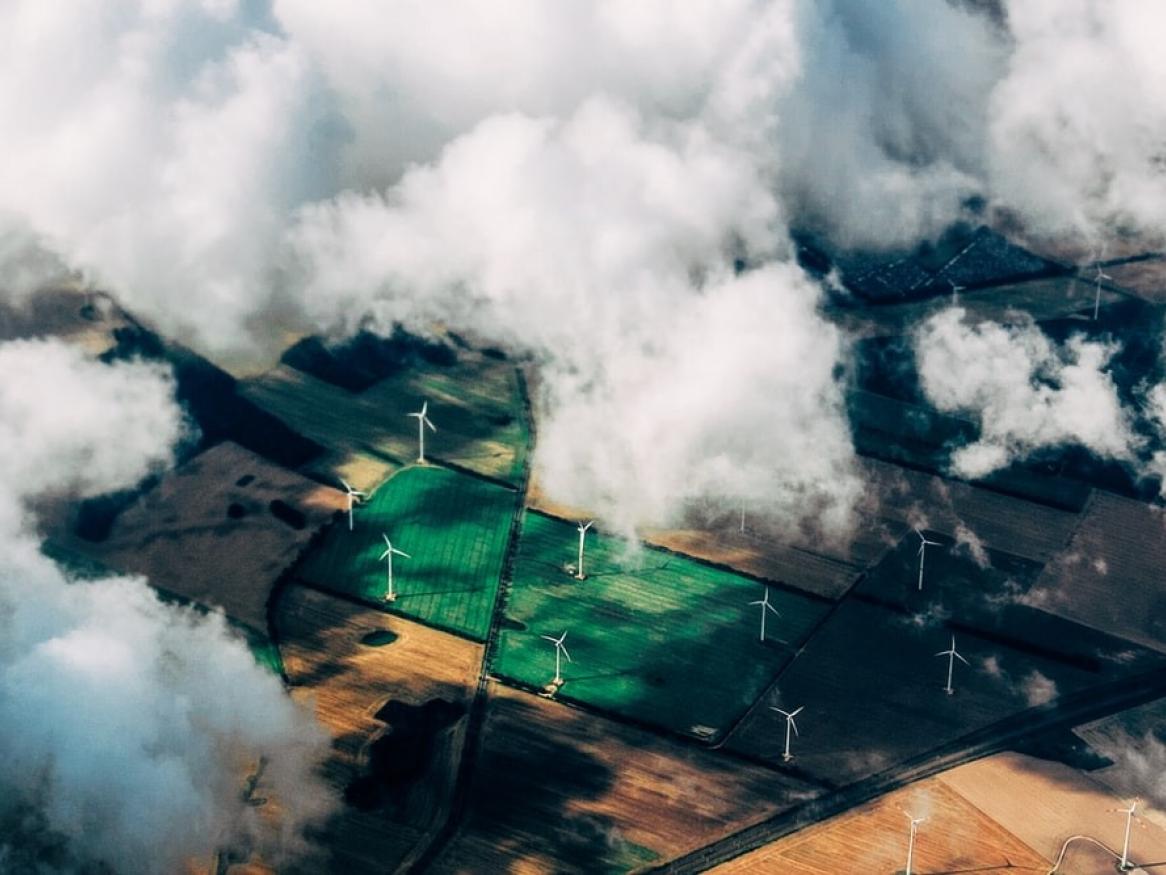
Ken Ash is an Independent Consultant, IIT Visiting Fellow, and former OECD Director of Trade and Agriculture.
The economic and trade distortions caused by ill-conceived government support for sectors ranging from agriculture, fisheries and fossil fuels to aluminium (2019, 2021), steel and semiconductors are enormous. While this is explicitly recognized by G7, G20 and APEC member governments, amongst others, the pace of subsidy reform remains glacial.
[Read more about Government subsidies and environmental costs]
Prospects for future UK-Australia Services Trade

George Riddell Director of Trade Strategy at EY, London.
On 17 June 2021, Australia and the United Kingdom announced an Agreement in Principle on a new Free Trade Agreement (FTA). Since then, negotiators on both sides have been hammering out the details of the legal text of the agreement. This article assesses the prospects for services trade between the countries.
[Read more about Prospects for future UK-Australia Services Trade]
The Landing Zone in Trade Agreements for Cross-Border Data Flows

Dr Pascal Kerneis, expert in the European services industry in international trade and investment negotiations.
The digitalisation of the world economy is continuing at a fast pace. Its successful progress is dependent on the ability to move data as freely as possible across international borders. Digital trade chapters are therefore becoming a critical part of bilateral, plurilateral and multilateral trade agreements.
[Read more about The Landing Zone in Trade Agreements for Cross-Border Data Flows ]
Services are essential too! Identifying the missing link in trade policy proposals during the pandemic
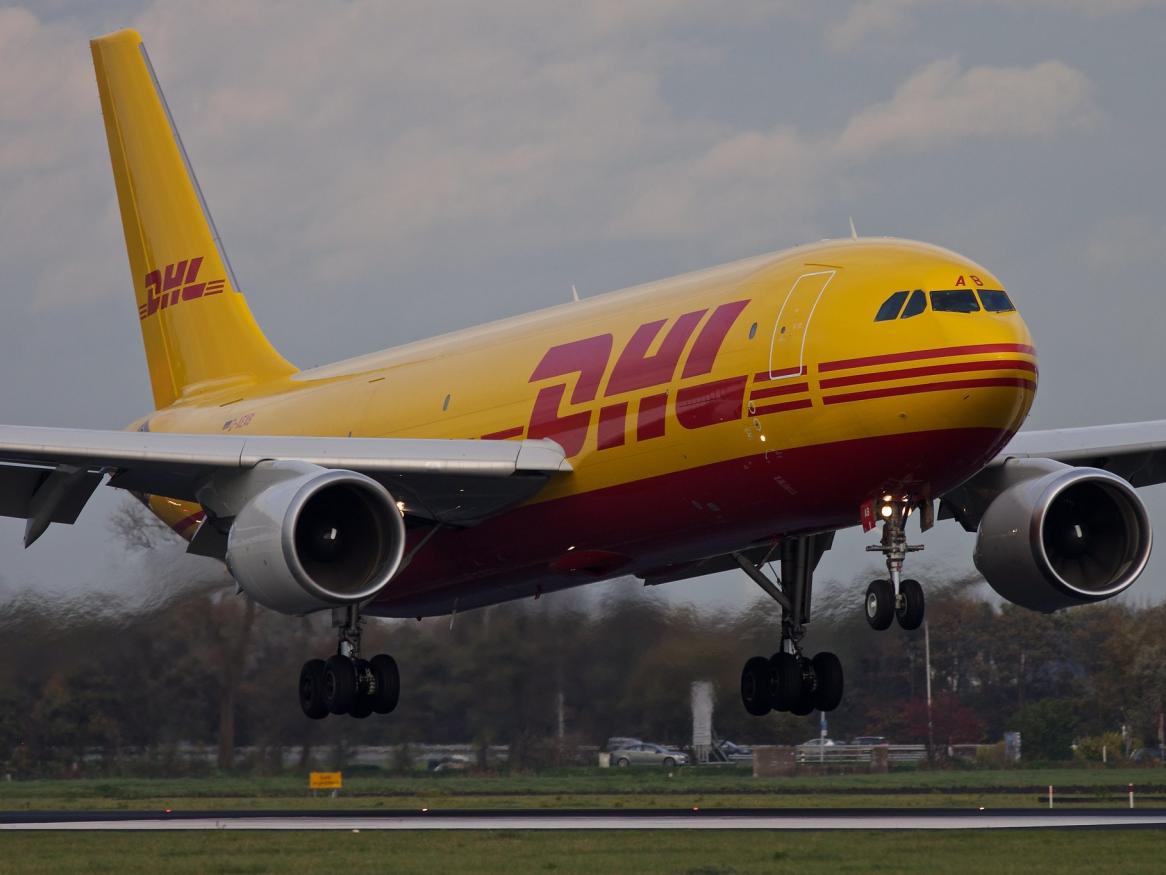
Dr Sherry Stephenson, Convenor, Pacific Economic Cooperation Council (PECC) Services Network.
Considerable discussion has been carried out over the past 18 months on how to most effectively address the COVID-19 health pandemic in an international context, particularly the critical role of trade in providing the necessary channels for moving essential medical equipment, vaccines and therapeutics, across borders
The Topology of E-commerce Governance

Nicholas Frank, Associate Lecturer in the School of Politics and International Relations, Australian National University.
Global e-commerce is governed by a dense web of preferential trade agreements (PTAs). While the literature on e-commerce governance is growing, our knowledge of the landscape of the e-commerce governance system remains limited.
China: the Elephant in the Room at Australia’s Africa Week
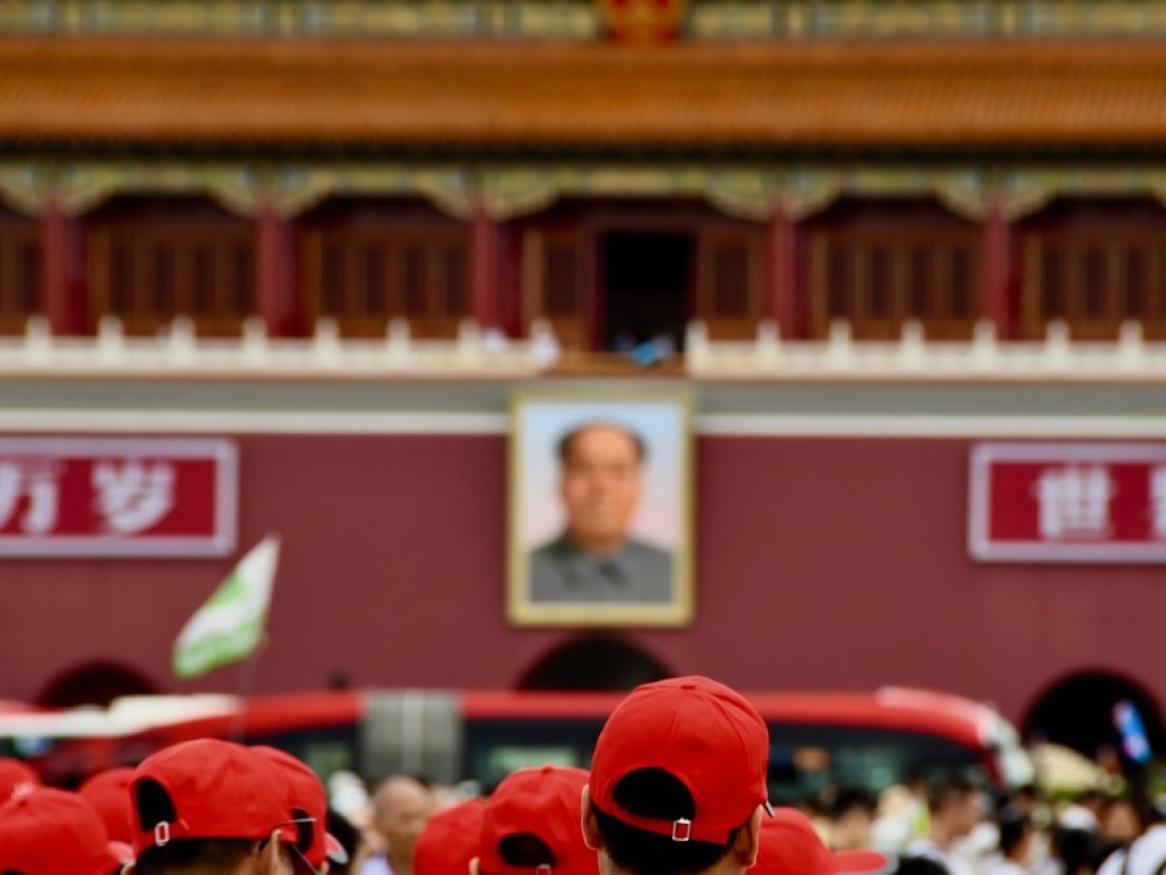
Dr Lauren A. Johnston is Visiting Senior Lecturer, Adelaide University Institute of International Trade and Founding Director, New South Economics
This week the capital of Australia’s Indian Ocean-facing state Western Australia, Perth, hosts Africa Week. Africa Week is an annual event drawing together policy makers, business communities, academics and the citizenry on all things Africa-Australia related.
[Read more about China: the Elephant in the Room at Australia’s Africa Week]
India’s reform momentum will define its economic future
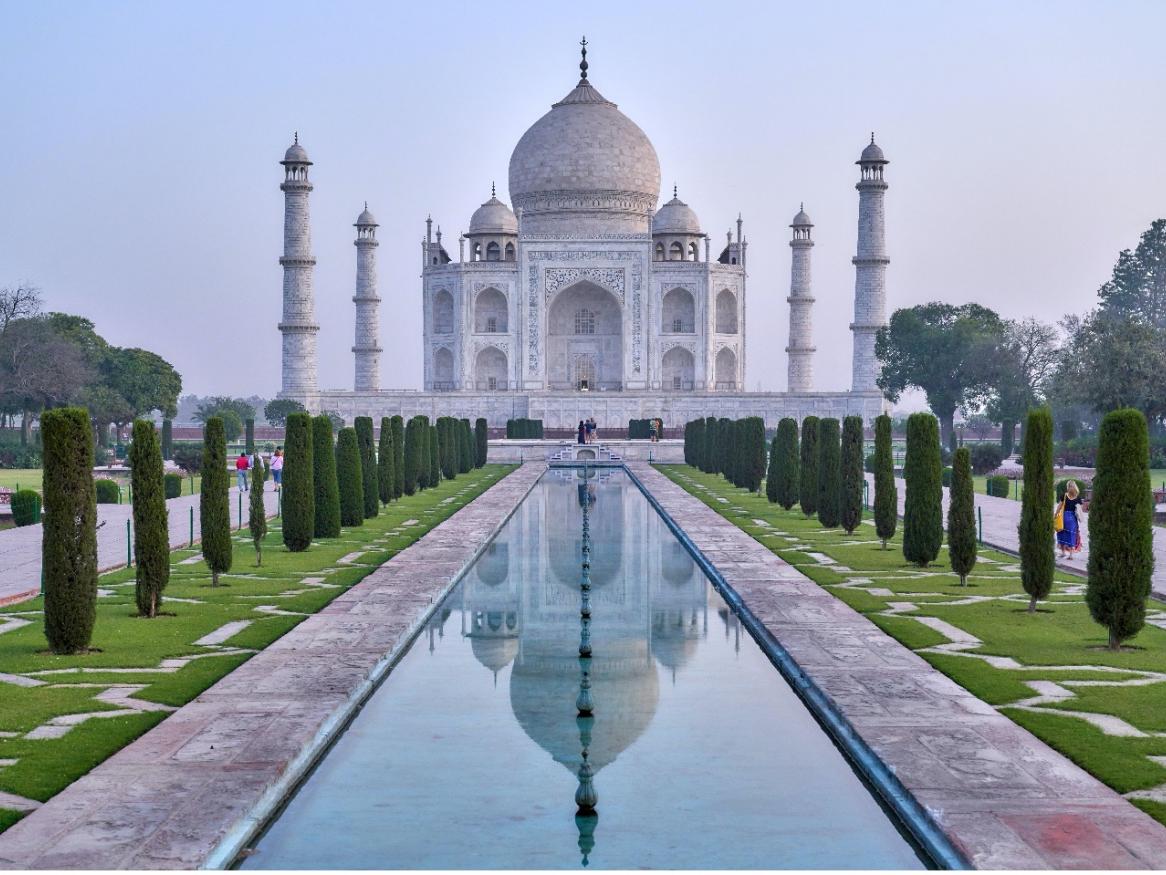
Natasha Jha Bhaskar is General Manager of Newland Global Group
Thirty years after India’s 1991 economic reforms which ushered a new era of liberalisation, privatisation and globalisation, the road ahead for a New India will be determined by reforms that deliver equitable growth, meets the aspirations of a young population, and strengthen global economic integration.
[Read more about India’s reform momentum will define its economic future]
The views expressed here are the author’s, and do not necessarily represent the views of the Institute for International Trade.
This work is licensed under Commons Attribution-NonCommercial-NoDerivatives 4.0 International License.
IIT is a global leader in researching, analysing and commenting on International Trade.
Stay informed about our up-and-coming seminars, events, publications, awards, new projects and collaborations, and other exciting news.
